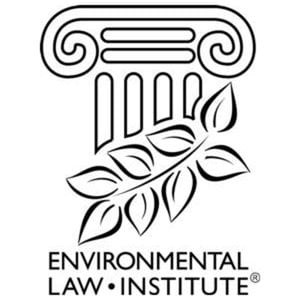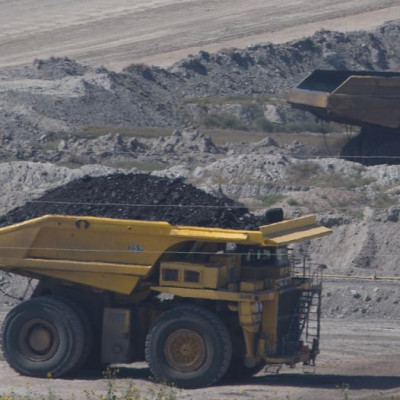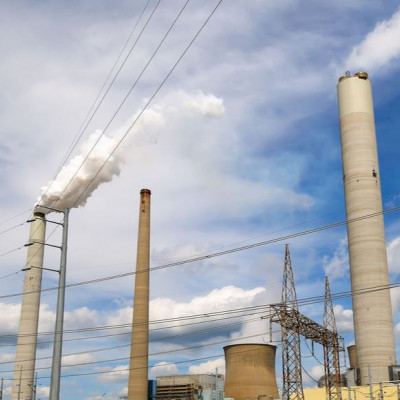January 4, 2016
December 2015 at Policy Integrity: The Hidden Costs of Coal; Livermore/Revesz Article Honored; Nixon’s Environmental Bandwagon; Domestic Violence, Economist Survey; EPA’s Revised Mercury Rule
-
The Hidden Costs of Coal – New Report
Our new report provides the first-ever calculation of how the social and environmental costs of coal production could be incorporated into federal leasing terms. Coal mining on federal lands accounts for more than 40% of all coal produced in the United States. If the Department of the Interior had charged mining companies a royalty rate that accounted for even a fraction of the public costs of mining, taxpayers could have earned an additional $2 billion in the past five years from coal production in just four states—Wyoming, Colorado, Montana, and Utah. The report, authored by Jayni Hein and Peter Howard, suggests that the minimum royalty rate for surface-mined coal in the Powder River Basin should be raised significantly. We recently shared this report with officials at the Interior Department.
-

Livermore/Revesz Article Honored
A recent article by Michael Livermore and Richard Revesz has been selected for inclusion in the Environmental Law and Policy Annual Review as one of the top three environmental law articles published since July 2014. The Review, which is a joint project of the Environmental Law Institute and Vanderbilt Law School, compiles top environmental scholarship in the hopes of making the year’s best policy ideas more accessible to policymakers and practitioners. The article, Rethinking Health Based Environmental Standards, addresses the regulation of pollutants under the Clean Air Act. Livermore and Revesz argue that considering health impacts alone and ignoring costs often leads to improperly lax regulations. In conjunction with the publication, the Environmental Law Institute and Vanderbilt Law School will co-host an April conference in Washington, D.C.
-
Nixon’s Environmental Bandwagon
In 1970, the U.S. was something of a “wild west” for polluters, but Richard Nixon’s electoral strategy changed that. In a recent Salon article adapted from their forthcoming book, Richard Revesz and Jack Lienke tell the story of how the Clean Air Act was born. The article traces the political dynamics that shaped our nation’s most important environmental law. Revesz and Lienke’s book, Struggling for Air: Power Plants and the ‘War on Coal’ expands on this story, focusing on efforts to address the Act’s tragic flaw: “grandfathering” practices that exempted existing power plants from many rules, prompting old, dirty plants to operate decades longer than expected. The book will be published this month by Oxford University Press.
-
In the News: Domestic Violence, Economist Survey
Recent Policy Integrity reports have continued to draw attention in prominent media outlets. A Fox News op-ed discussed our report on legal aid for domestic violence survivors, citing the report as evidence that legal advocacy is one of the most successful tools for reducing domestic violence. The Guardian also recently published an article about our survey of economists on climate change issues. The article compares the consensus views of economists to the views of Presidential candidates. Additionally, Peter Howard and Derek Sylvan, who conducted the survey, wrote a piece in The Hill discussing the implications of the findings for U.S. policy.
-
On the Docket: EPA’s Revised Mercury Rule
After the Supreme Court ruled that the EPA did not consider costs at the appropriate stage of its regulatory process when crafting the Mercury and Air Toxics Standards, the EPA was tasked with revising the rule. The revised version has been released, and we will soon file public comments on the updated rule, which is expected to have net monetized benefits to the American public of $27 billion to $80 billion per year. We have played a prominent role in supporting the mercury rule, authoring comments to the EPA and amicus briefs before the D.C. Circuit and the Supreme Court.



